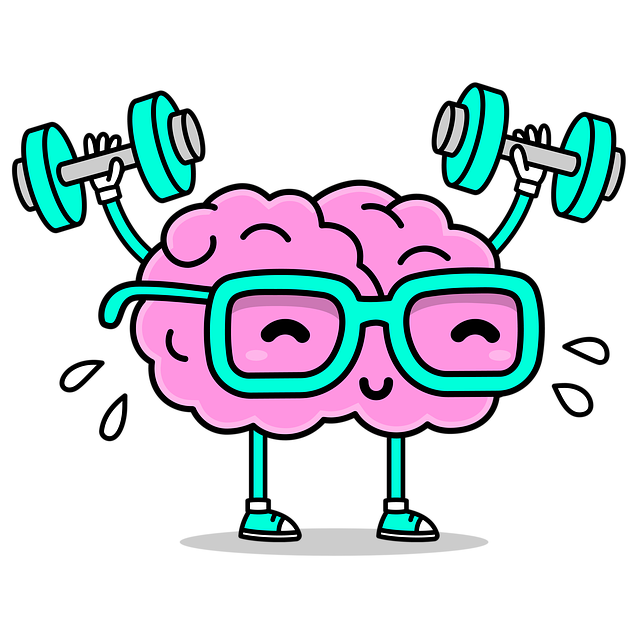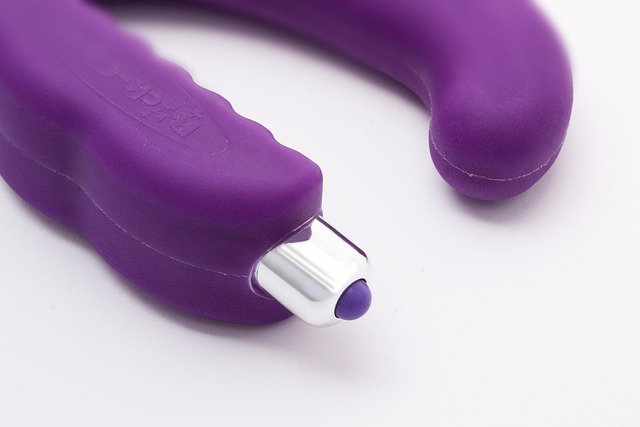Collagen stimulation is a powerful anti-aging strategy focusing on enhancing natural collagen synthesis, crucial for maintaining youthful skin. Key ingredients like peptides, vitamins (e.g., Retinol, Vitamin C), and antioxidants stimulate fibroblasts, boosting collagen production. Lifestyle adjustments, including diet (e.g., Vitamin C, zinc, copper, proline-rich amino acids), exercise, and sun protection, support optimal collagen levels. Advanced technologies like peptide technology and stem cell therapy offer innovative collagen stimulation methods. Integrating collagen care into daily routines, with consistent skincare using stimulating products and a balanced diet, can achieve youthful skin by reducing wrinkles and improving elasticity.
Collagen, often referred to as the skin’s foundation, plays a crucial role in our anti-aging journey. As we age, collagen depletion becomes a natural process, leading to wrinkles and reduced skin elasticity. This article explores strategies to unlock collagen stimulation, focusing on understanding its significance, dietary influences, lifestyle factors, and advanced technologies. By delving into these aspects, we aim to equip folks with the knowledge needed to enhance collagen production and combat signs of aging effectively through collagen stimulation techniques.
Understanding Collagen: The Skin's Foundation

Collagen is a key protein that forms the structural framework of our skin, providing it with strength and elasticity. It’s like the foundation of a house, keeping our skin firm, smooth, and youthful-looking. As we age, natural collagen production decreases, leading to wrinkles, loss of volume, and sagging skin. Understanding this process is crucial for effective anti-aging strategies.
Collagen stimulation is a focused approach that aims to boost the body’s natural collagen synthesis. By encouraging the production of this essential protein, various treatments can help restore the skin’s elasticity and improve its overall appearance. This involves using specific ingredients, such as certain peptides and vitamins, which have been proven to activate collagen-producing cells and stimulate the repair of damaged skin structures.
Aging and Collagen Depletion: A Natural Process

As we age, our bodies undergo natural changes that impact various functions, including collagen production. Collagen is a protein that acts as the building block for our skin, providing structure and elasticity. However, with time, our collagen levels naturally deplete due to reduced synthesis and increased breakdown. This depletion leads to visible signs of aging, such as fine lines, wrinkles, and loss of skin firmness. Understanding this natural process is crucial when considering effective anti-aging strategies, especially focusing on collagen stimulation.
The decline in collagen production results from a combination of factors, including decreased cell activity, hormonal changes, and environmental influences. By targeting these factors, collagen boosting treatments aim to promote healthy collagen synthesis while inhibiting excessive breakdown. This approach ensures that our skin retains its natural strength and resilience, minimizing the appearance of aging.
Unlocking Collagen Stimulation Strategies

Collagen stimulation is a key strategy in anti-aging skincare, as it addresses the root cause of skin aging—the gradual decline of collagen production. There are several effective methods to unlock and enhance collagen synthesis within the body. One powerful approach is through topical applications of collagen-stimulating ingredients like Retinol, Vitamin C, and Peptides. These active compounds encourage fibroblasts, the cells responsible for collagen production, to become more active and efficient.
Additionally, incorporating specific lifestyle changes can significantly impact collagen levels. Adequate sleep, regular exercise, and a balanced diet rich in antioxidants and essential amino acids provide the necessary building blocks for collagen synthesis. Hydration is also crucial, as well as protecting the skin from excessive UV exposure, both of which can inhibit collagen production. By combining these strategies, individuals can effectively boost collagen levels, leading to improved skin elasticity, reduced fine lines, and a more youthful complexion.
Topical Treatments: Enhancing Collagen Production

Many anti-aging skincare routines incorporate topical treatments that focus on collagen stimulation, as this protein is key to maintaining youthful skin. Collagen is responsible for providing structure and elasticity to our skin, but its production naturally decreases with age. Fortunately, certain ingredients in topical products have been shown to boost collagen synthesis.
Retinoids, a derivative of vitamin A, are a popular choice due to their ability to encourage the body’s natural collagen production. Additionally, peptides, small chains of amino acids, can signal fibroblasts—the cells responsible for collagen creation—to increase collagen output. Other effective ingredients include certain antioxidants and vitamins, which protect collagen from damage and promote its renewal. These topical treatments offer a non-invasive approach to anti-aging, helping to restore and maintain the skin’s natural elasticity and a more youthful appearance.
Dietary Influences: Nutrients for Collagen Health

Collagen stimulation starts from within, and a significant factor in maintaining collagen health is diet. The right nutrients play a crucial role in supporting the body’s natural production of this structural protein. Among essential nutrients for collagen health are vitamin C, zinc, copper, and proline-rich amino acids. Vitamin C acts as a cofactor for enzymes involved in collagen synthesis, ensuring proper cross-linking and stability. Zinc and copper are vital for the formation of collagen molecules, while proline-rich amino acids contribute to the overall structure and strength of the protein. Incorporating foods rich in these nutrients into your diet can support optimal collagen levels, thereby enhancing skin elasticity and reducing signs of aging.
Lifestyle Factors: Exercise and Sunlight for Collagen

Regular exercise is a powerful tool in promoting collagen stimulation, which is key to anti-aging efforts. Physical activity increases blood flow, delivering essential nutrients and oxygen to skin cells, fostering an environment conducive to collagen production. Moreover, certain types of exercises, like resistance training, encourage the body to create more collagen by stimulating fibroblasts, the cells responsible for synthesizing this structural protein.
Sunlight exposure is another critical lifestyle factor. While it’s essential to protect your skin from excessive UV damage, a moderate amount of sunlight can actually boost collagen levels. Vitamin D, produced in the skin during sun exposure, plays a pivotal role in supporting collagen synthesis and maintaining skin elasticity. This dual benefit highlights the delicate balance between enjoying outdoor activities and taking precautions to prevent premature aging caused by UV radiation.
Advanced Technologies: Revolutionizing Collagen Boosting

In the realm of anti-aging skincare, advanced technologies are continually revolutionizing collagen boosting techniques. Modern innovations like peptide technology and stem cell therapy are now integral parts of the skincare game, offering groundbreaking solutions for stimulating collagen production. These cutting-edge methods target specific cellular pathways, encouraging the body’s natural ability to create and restore this essential protein.
By employing sophisticated delivery systems and targeted activation, these technologies ensure effective collagen stimulation. Peptides, for instance, mimic natural signals that prompt fibroblasts—the cells responsible for collagen synthesis—to become active. Meanwhile, stem cell therapy provides a rich source of growth factors that can enhance collagen production and skin elasticity. Such advancements not only offer promising results in combating signs of aging but also pave the way for more effective and sustainable anti-aging skincare practices.
Integrating Collagen Care into Your Routine

Integrating collagen care into your daily routine is a game-changer in the quest for youthful skin. Start by understanding that collagen is the body’s natural protein that provides structure and elasticity to our skin, making it crucial in the anti-aging process. Incorporate collagen-stimulating products like serums and creams to boost its production. These formulations often contain ingredients such as peptides, vitamin C, and retinol, which all encourage collagen synthesis.
A consistent skincare routine is key; apply these treatments regularly, ideally after cleansing, for best results. Additionally, consider lifestyle factors that support collagen health, such as staying hydrated, protecting your skin from excessive sun exposure, and maintaining a balanced diet rich in collagen-boosting foods like citrus fruits, berries, and leafy greens. Regular collagen care not only improves skin texture but also helps reduce the appearance of fine lines and wrinkles over time.
